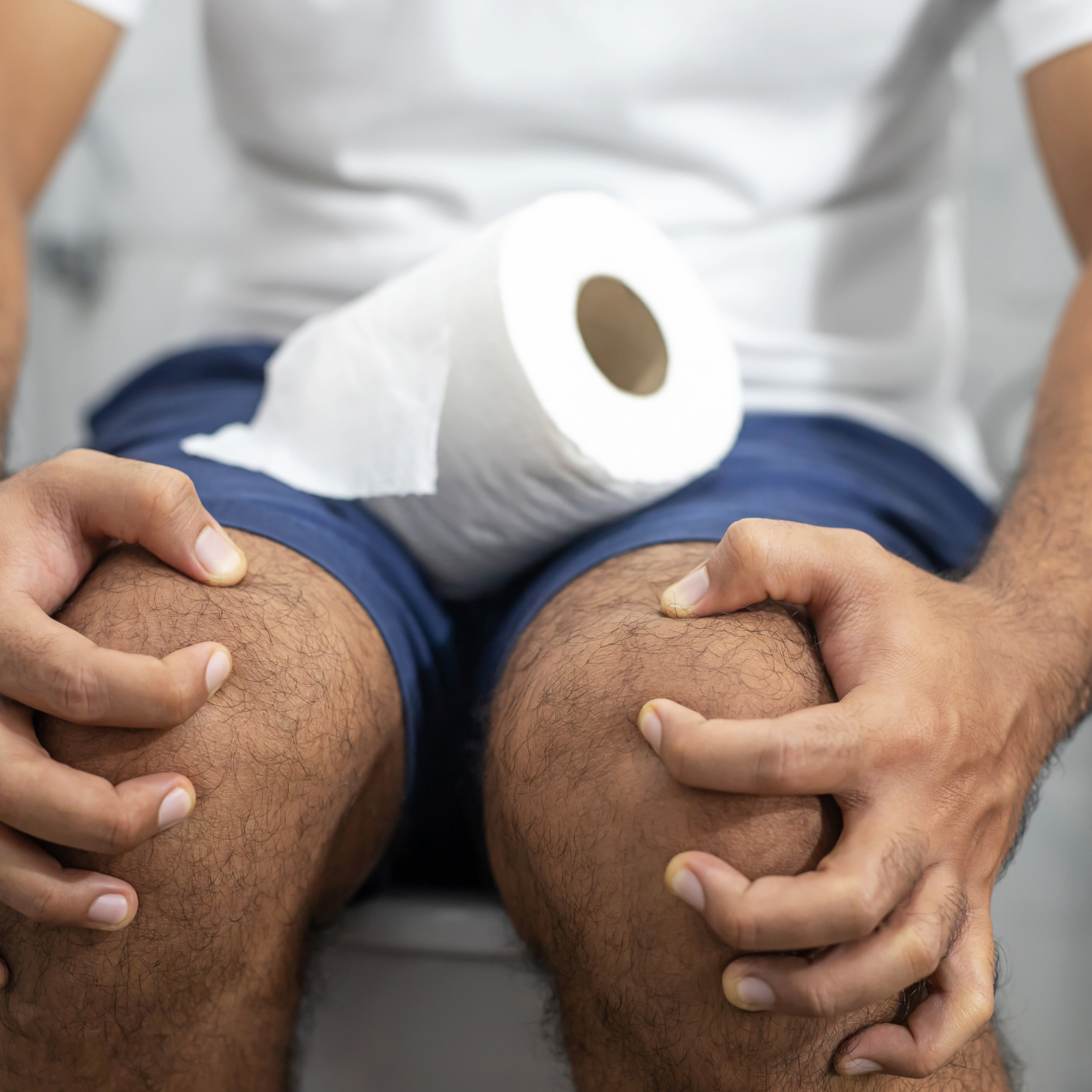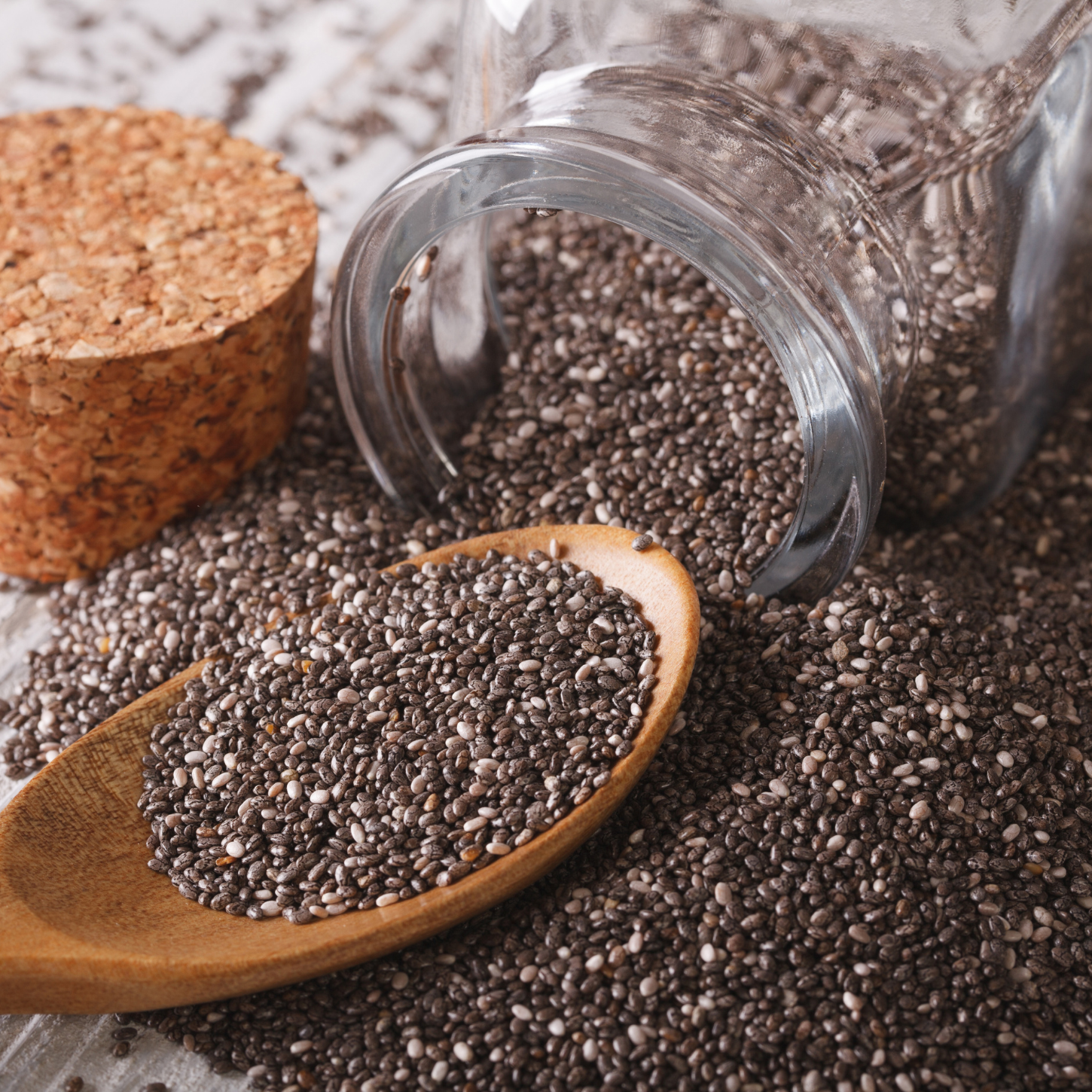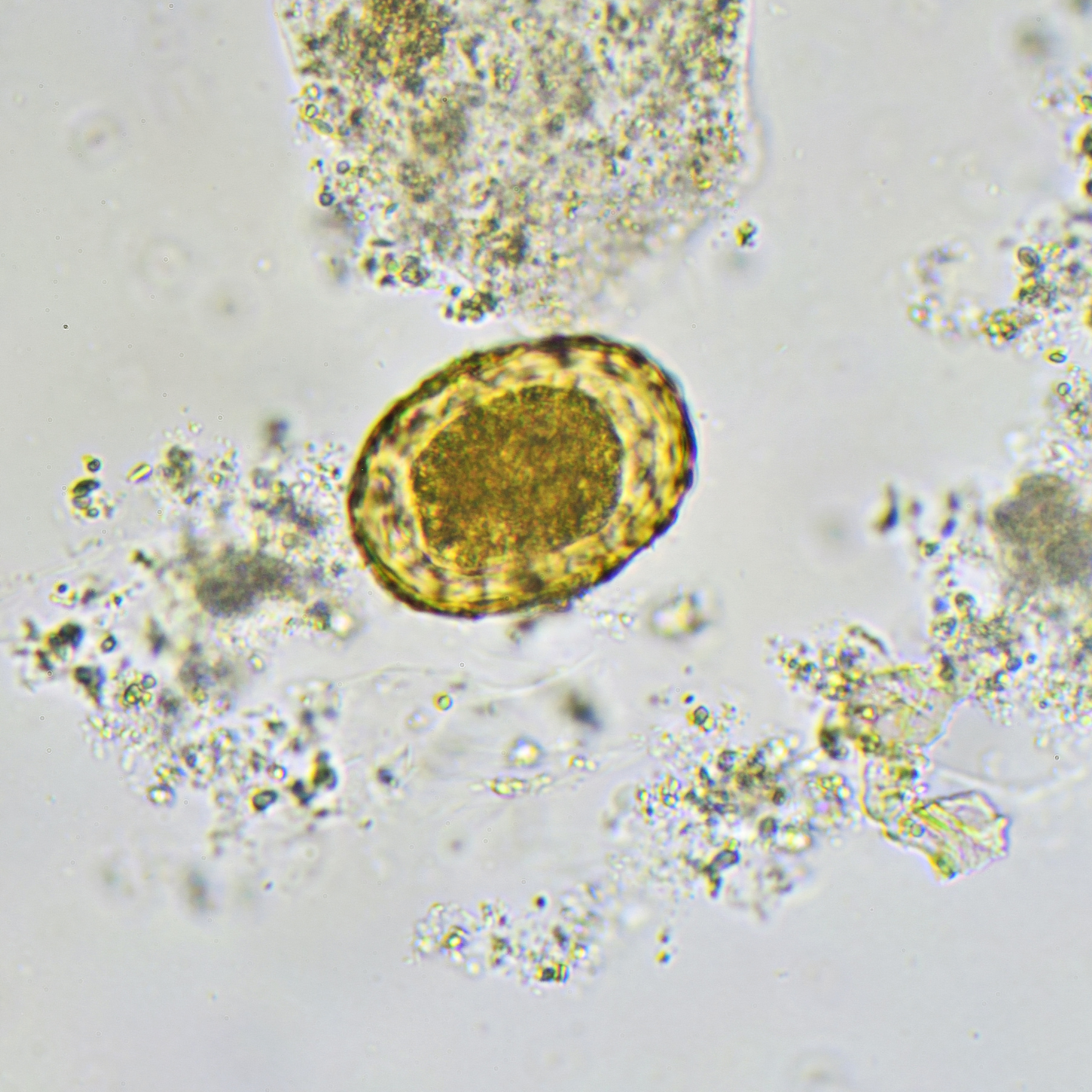Constipation can be a real pain in the butt.
There’s nothing quite like the feeling of being backed up—it's a unique kind of discomfort that affects many of us, at least at some point in our lives.
But we can all breathe a collective sigh of relief because despite being uncomfortable to discuss or deal with - constipation does not have to remain an unsolved dilemma!
If you’re looking for natural relief that actually works and are done resorting to strong medicines or ineffective methods, read on– this post will be filled with tips, tricks and tried-and-true remedies that may just be the rescue mission you've been searching for.
From diet changes to natural remedies, there are plenty of strategies that can provide real relief without relying on harsh medications or costly treatments.
So let's get started. Get ready to jumpstart your way back into regularity so you can move on with your life – no pun intended!
Table Of Contents:
What Is It?
Constipation is one of the most frequent digestive complaints and seems to affect roughly one in five people. For our older generations, it can be even worse (especially for older women) - almost a quarter suffer from being backed up.
While it’s usually only occasional, that doesn’t make dealing with it any less frustrating. Not only does it cause physical discomfort, but its effects can also wreak psychological and social havoc.
In addition, when you’re constipated, and you are only having a bowel movement once every couple of days or once a week, the toxins that are in your stools are allowed to recirculate and get reabsorbed into your body.
Having regular bowel movements on a daily basis is thus really key to staying healthy as it is not only removing toxins from your body, but it’s also removing metabolized hormones that should also not be recirculated.
Causes of Constipation
Constipation can be caused by a variety of factors. Some of the common causes include:
- Lack of gut motility
- Insufficient dietary fiber and fluid intake
- The consumption of highly refined foods
- Lack of exercise/sedentary lifestyle
- Irritable bowel syndrome (IBS)
- Hypothyroidism
- Hormonal imbalances
- Anxiety/stress
- Imbalanced bowel flora and certain organisms that produce methane
- Diverticular disease
- Caffeine and alcohol abuse
- Certain medications
How to Tell if You are Constipated
There are two well-known tools you can use to determine if you should be having more regular bowel movements.
-
Bristol Stool Scale:

Now there is much controversy regarding what is “normal” pooping frequency, and the range that is generally accepted is anywhere from three times a day to three times a week.
Pooping frequency can differ quite a lot between populations due to differences in diets and lifestyles and between people due to age and sex.
Hippocrates, the OG of western medicine, thought that when it comes to pooping, two or three bowel movements per day is ideal. This is what we see in many populations who consume traditional plant-based diets.
-
Stool transit time test
If you’re constipated, you can also get an idea of your transit time by doing a stool transit time test. Transit time is how long it takes from the time you ingest your food to when it comes out the other end. The ideal transit time is between 21 and 24 hours.
Using corn kernels or beetroot (you’ll be able to see the corn in your stool and beetroot will make your stools purple), time how long it takes from when you eat it to when you notice it in your stools. If it’s more than 24 hours, you have slow transit time and there is likely to be some level of constipation.
Conventional Approach to Treating Constipation
If you go to your doctor to get some help with your backed up poop issues, it's highly likely he will send you off with a prescription for laxative medications. However, although long-term use of laxatives is considered safe as they are technically not addictive, they do encourage a "lazy bowel".
When a person becomes used to having assistance for every bowel movement, there is no reason to train the muscles to do their job. It is usual to need to wean off laxative use rather than stopping suddenly, whilst rebuilding and strengthening these internal muscles.
Testing
If you want to get a handle on your turtle-like gut health, the first step is to let stool testing show you what's really going on in there.
Stool testing and microbiome mapping can be helpful to determine if there are any underlying infections. Testing for SIBO can also be important, as well as exploring stomach acid production, bile production and pancreatic production. It’s best to get an expert in cause identification (AKA health professional) for help to identify what the right test/s is for you.
Natural Relief for Constipation
-
Eat plenty of fiber
Fiber is the key to preventing and treating constipation as it helps to keep you regular. Through a process known as osmosis, fiber also helps to flush out potential carcinogens and all those other disease-promoting toxins that build up in your body.
You should be aiming to eat around 25-40g of dietary fiber each day. Prunes, psyllium husk and slippery elm are great sources of fiber for constipation as they have slightly laxative effects.
For more information on the topic of fiber, read our article here.
-
Drink more water
Hydration is also very important as it will help to soften the stool and improve easy passing. This can be achieved by consuming roughly 2L of water each day, which is equivalent to about eight glasses. This is a minimum!
Herbal teas are one way to increase your water intake. Some more ways include consuming high-water content foods like watermelon or cucumber or making a soup with your favourite vegetables. Juices or smoothies also work well.
-
Improve your eating habits
It’s important to take time to eat in a relaxed environment and chew your food thoroughly until it is puréed. It is also better to eat smaller, more frequent meals than to overeat in one sitting and overwhelm your digestive system.
About fifteen minutes before you eat, drink a glass of water with a big squeeze of lemon juice in it, as this stimulates your digestive enzymes and gastric acid so you can better digest your food.
-
Tweak your diet if you need
Eliminate refined foods, sugar, caffeine, alcohol and especially dairy products. Instead, increase intake of fresh fruits and vegetables and whole grains. Identify any food sensitivities you may have through a food intolerance test or an elimination diet as these often trigger gastrointestinal symptoms that can affect your bowel movements.
If you can, choose organic and non-GMO. Keep those nasty chemical residues away by washing all your produce before it’s consumed.
Bitter foods such as radishes, rocket, mustard greens, barley and dandelion also help to stimulate digestive function. Dietary fat such as nuts and seeds, olive oil and avocados trigger the release of bile which is a natural laxative agent.
-
Exercise
Daily exercise is essential too. Whether a run, a slow walk, gym or yoga class, physical activity helps your muscles to contract and assist with a bowel movement.
-
Learn to manage your stress
When faced with stressful situations, our adrenal glands release a hormone called epinephrine (adrenaline), which plays a role in the so-called fight-or-flight response.
This essentially redirects resources from digestion to help keep the heart pumping and lungs breathing. As a result, bowel movement slows down, and constipation may occur.
In addition, when you are feeling stressed, you are more likely to eat unhealthy foods, exercise less, skimp on sleep and neglect your water intake, all of which can back up your bowels.
Learning to manage your stress is, therefore key. Find out what works best for you, whether it be meditation, deep breathing exercises, walks in nature, exercise, yoga, painting, the list is endless. 
Lifestyle hacks
1. Castor oil packs
Castor oil packs to the abdomen may be useful in resolving constipation as it’s a powerful anti-inflammatory. Simply apply the oil directly to your skin, cover it up with an ultra-soft cloth and plastic wrap, then place a warm water bottle or heating pad over top. Allow it to work its therapeutic magic for 30 to 60 minutes and use it for three days for optimal results.
2. Contrast hydrotherapy
By alternating hot and cold towel applications to the abdomen, discomfort from inflammation can be relieved while strengthening bowel muscle tone at the same time. It helps to bring nutrients to the affected area while diffusing metabolic waste from inflammation. Alternate 3 minutes hot with 1 minute cold. Repeat three times to complete one set and do this three times per day.
3. Abdominal massage
Gentling massaging of the abdomen in a clockwise direction can help move contents along the gut. 10-20 minutes either lying, sitting or standing means you can easily fit it somewhere in your day. You can use oils such as olive, coconut or almond, or add some essential oils too.
4. Train your bowels
Did you know that you can train your bowels to poop at regular intervals?
Try to have a bowel movement at the same time each day to help you become more regular. Eating your breakfast may be enough to get things moving, so give it 15-45 minutes before heading for some quality 'me time'. Try not to hold in a bowel movement any longer than you have to. 
Natural Laxatives
If none of the healthy suggestions above do the trick, you might want to try a natural laxative. A variety of natural remedies can also provide gentle relief, either stimulating the colon or helping add healthy fibers and moisture.
-
Aloe Vera
-
Senna
-
Cascara
Cascara sagrada helps to give a more complete evacuation, kick start the body’s peristalsis, and alleviate flatulence and abdominal fullness.
It’s best to buy cascara as prepared capsules or tea bags so that you are getting the right dosage and instructions. Long-term use (more than 8 weeks) is not recommended.
-
Slippery Elm
Slippery elm helps to relieve constipation and calm inflammation in your digestive tract due to its high mucilage content, which gives it that uniquely "slippery" consistency when mixed with water. It also has good fiber content.
Mix about 1 tsp of powdered slippery elm with enough hot water (and honey if desired) to form a thick gel-like paste. Then, whisk in enough cool water to get it to a drinkable consistency. It’s safe to drink several times a day.
-
Flaxseed Oil
Flax seeds not only contain high levels of dietary fiber, but the oil extracted from the seeds helps food waste move quickly through your colon, providing relief for when dryness is the primary cause of your constipation.
Aim for 1 tablespoon per day for constipation relief. If that amount feels daunting to swallow, you may wish to consider hiding it in smoothies or capsules.
-
Chia seeds
Packed with minerals such as magnesium and potassium that aid healthy digestion, chia seeds also contain both soluble and insoluble fiber to help move waste along more quickly in your digestive tract. In addition, dehydrated chia soaks up water forming a gel-like substance that softens stools while simultaneously improving regularity.
-
Magnesium
helps to relax the nervous system and smooth muscles to be able to complete a proper bowel movement. Magnesium also attracts water in the bowel, producing an osmotic effect.
A typical magnesium dosage is 500 mg, with a maximum daily dose not exceeding 2,000 mg (two grams).
Recipe Spotlight: Choc-Orange Chia Pudding
This chia pudding is a wonderfully delicious breakfast that’s full of omega-3 fatty acids and protein and tastes like dessert! Omega-3 fatty acids play a vital role in many aspects of health, especially brain function and heart health. Apart from lowering heart disease risk, omega-3s are very effective in reducing inflammation and supporting digestive function, reducing blood pressure and even helping to prevent and treat depression. The chia pudding and compote can be pre-made. Enjoy!
















What Do You Think? Comment Below: